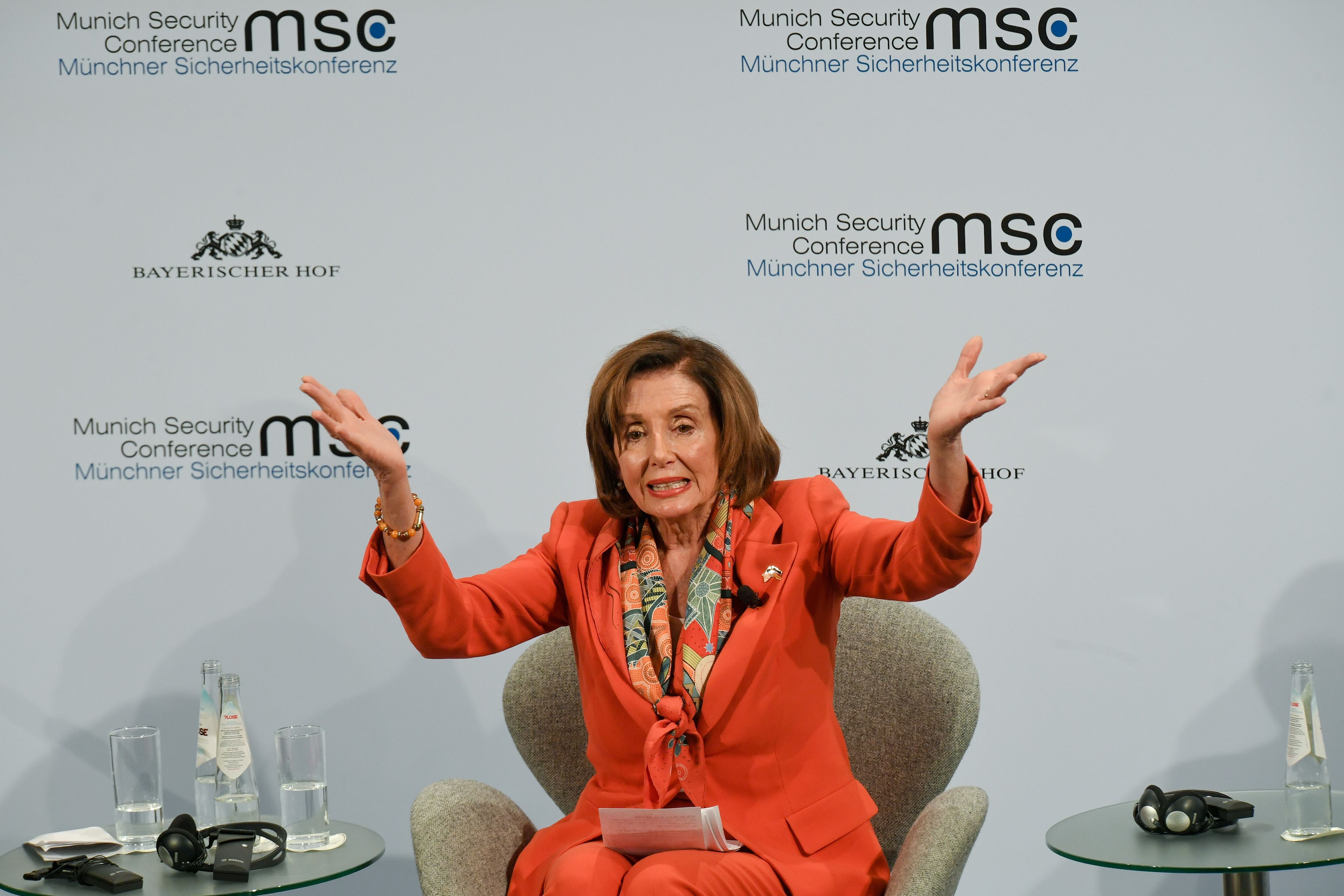MUNICH – European nations are spending more on defense as they harbor doubts about America's commitment to the continent despite the US troop presence here, according to a new study by the London-based International Institute for Strategic Studies.
Countries here spent $289 billion in 2019, which is 4.2 percent more than in 2018. Within that budget, the share of new investments grew to 23.1 percent from 19.8 percent, analysts wrote in their annual study on global defense capabilities, dubbed “Military Balance 2020” and released at the Munich Security Conference.
Clocking in at 4 percent, global defense spending saw a similar increase, the largest in ten years. Nations are spending more because they have recovered from the financial crisis and due to what IISS director-general John Chipman dubbed “sharpening threat perceptions.”
For Europe, the main worry is Russia, especially on the eastern flank. The Pentagon in response has shored up its troop presence on the continent following Moscow's annexation of Crimea from Ukraine in 2014.
The trans-Atlantic relationship has turned somewhat icy since President Donald Trump took office, however. Trump has repeatedly claimed, in strong terms, that Europe is taking advantage of the United Stated on defense and trade. Those proclamations are viewed by many here as part of a pattern in Washington that eschews multilateralism as an organizing principle of the West.
In that context, the new study argues, the U.S. troop presence may be losing its shine as a manifestation of America's bond with Europe.
The same logic also applies elsewhere on the globe, according to Chipman. “Within NATO and beyond, the arrival of additional US personnel and equipment is not necessarily sufficient anymore to dispel allies' and partners' concerns over US strategy, commitment and engagement, or wholly deter opponents,” he told reporters.
RELATED

The think tank's observation undercuts a longstanding argument in Trump's Washington that harsh White House rhetoric should be taken with a grain of salt while the Pentagon is still hard at work in maintaining old alliances around the globe, most visibly by basing U.S. forces there.
“Deterrence is not only about disposition of forces,” Chipman told Defense News in a brief interview. “Every US defense secretary reiterates the commitment to Europe as being reflected in spending. But when you have a commander-in-chief who puts doubt on that, it doesn't matter how much you spend.”
The IISS argument fits into the theme of this year's Munich Security Conference, “Westlessness.” The term of art is meant to describe the community of western countries drifting apart as governments realize that the alliance's common values may no longer be universally shared as they once were.
NATO Secretary-General Jens Stoltenberg, for his part, still believes the West, with NATO as its most prominent defense organization, can count on the United States. Speaking with reporters at the Munich Security Conference, he said the West maintains the ability to act, if necessary, citing America's commitment and troop presence in Europe as a major enabler.
Washington's defense spending, meanwhile, sat at $684.6 billion in 2019, according to the think tank. “The nominal increase in U.S. defense spending – at $53.4 billion – came close to equalling the UK's entire budget on defense of $54.8 billion. This nominal U.S. increase would, if measured on its own, constitute the seventh-largest defense budget in the world.”
China and Russia spent $181.1 billion and $61.6 billion on defense in 2019, respectively, according to the study.
Sebastian Sprenger is associate editor for Europe at Defense News, reporting on the state of the defense market in the region, and on U.S.-Europe cooperation and multi-national investments in defense and global security. Previously he served as managing editor for Defense News. He is based in Cologne, Germany.








